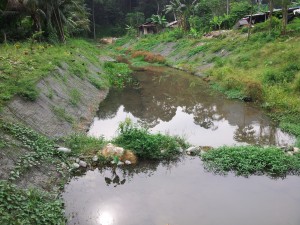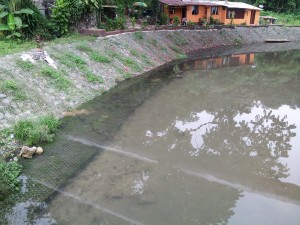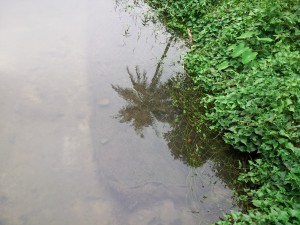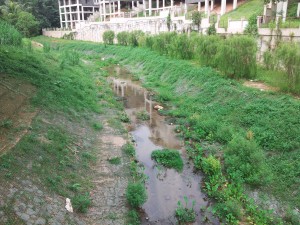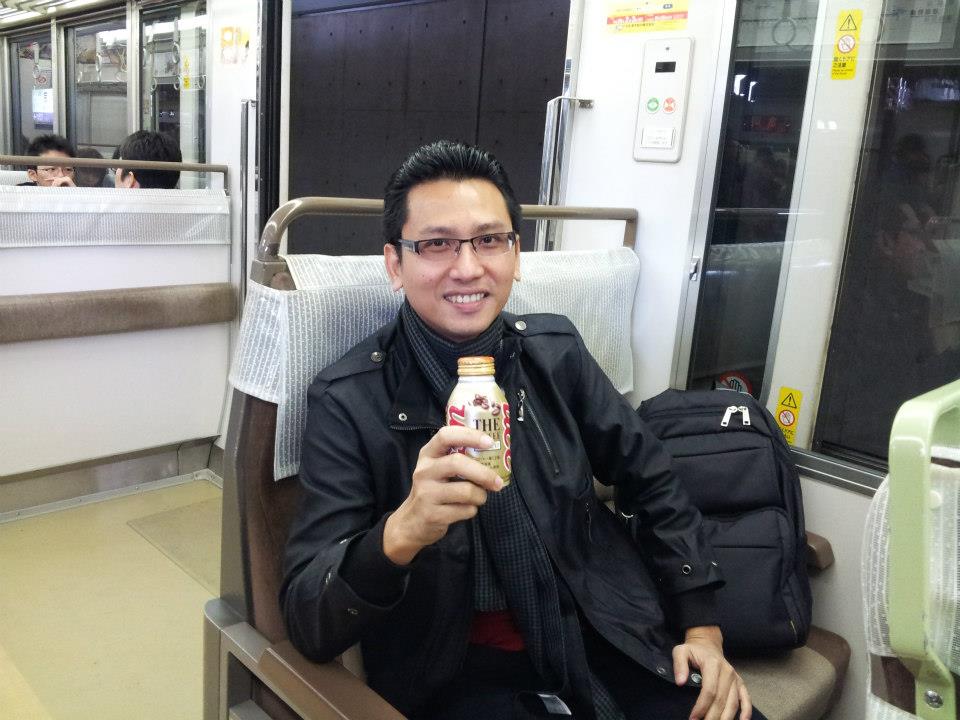Re-structure and re-development of upstream riverbank and associated natural grasses by implementing soft-engineering structure for the natural purification and rehabilitation
Summary
Degradation of the water pollution and ecosystem in urban rivers are vulnerable to different urban processes and activities. Restoring the health of rivers poses a huge challenge to governments and consultants in the public domain. By referring a successful story on river rehabilitation project in developed countries such as Korea, the Malaysia government are intend to initiated urban river rehabilitation program in Malaysia. Through Department of Irrigation and Drainage Wilayah Persekutuan, the government is desirous to mitigate the quantity and quality problems in the Sg. Klang primarily the upstream portion. There are two sequential phases in River of Life program; the first phase which targeted physical restoration of the riverbanks and solid waste clean-up of the river and the second whose task is mitigating liquid discharges and improving river water quality.
Since 2004, the water quality of Sg. Klang (project area) is moderately polluted. The overall classification of water quality of Project is of class III. Sg. Klang Klang is selected for the River of Life (RoL) program as this river is a major concern, which is of state interest due to it crossing in Kuala Lumpur City areas. It was reported by DOE, the average Water Quality Index (WQI) for Sg. Klang is in Class III.
The main objective of the project is to produce details design and action plans for the pollution prevention and rehabilitation works of river water quantity and quality to clean water (Class II and above) with information to pollution including:
- Evaluate the present and proposed conditions of the rivers by carrying out river modeling;
- All the point and non-point sources of water pollution and evaluate the conditions of the rivers by carrying out water quality modeling;
- Engineering and non-engineering solutions to regulate the pollution.
